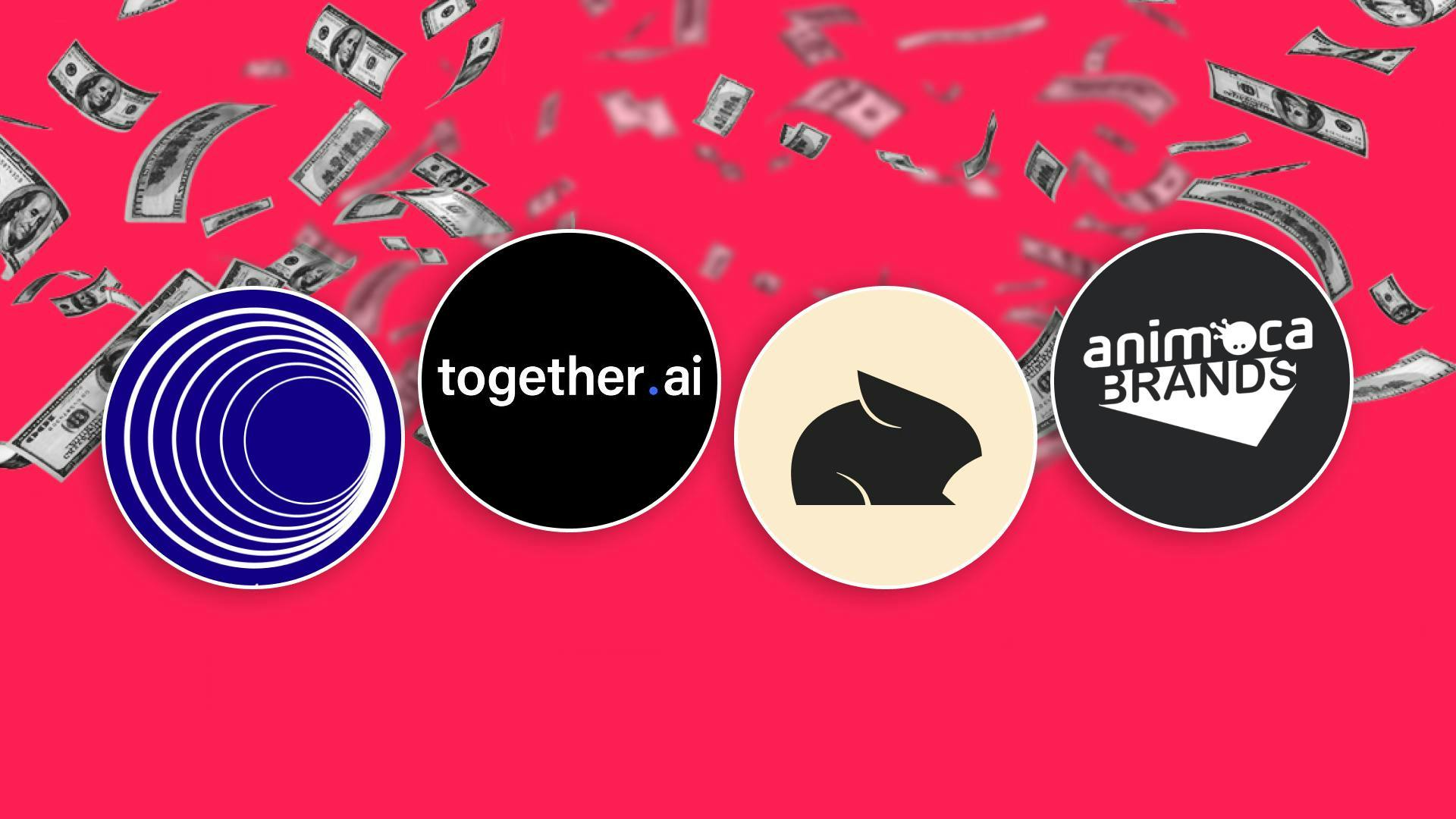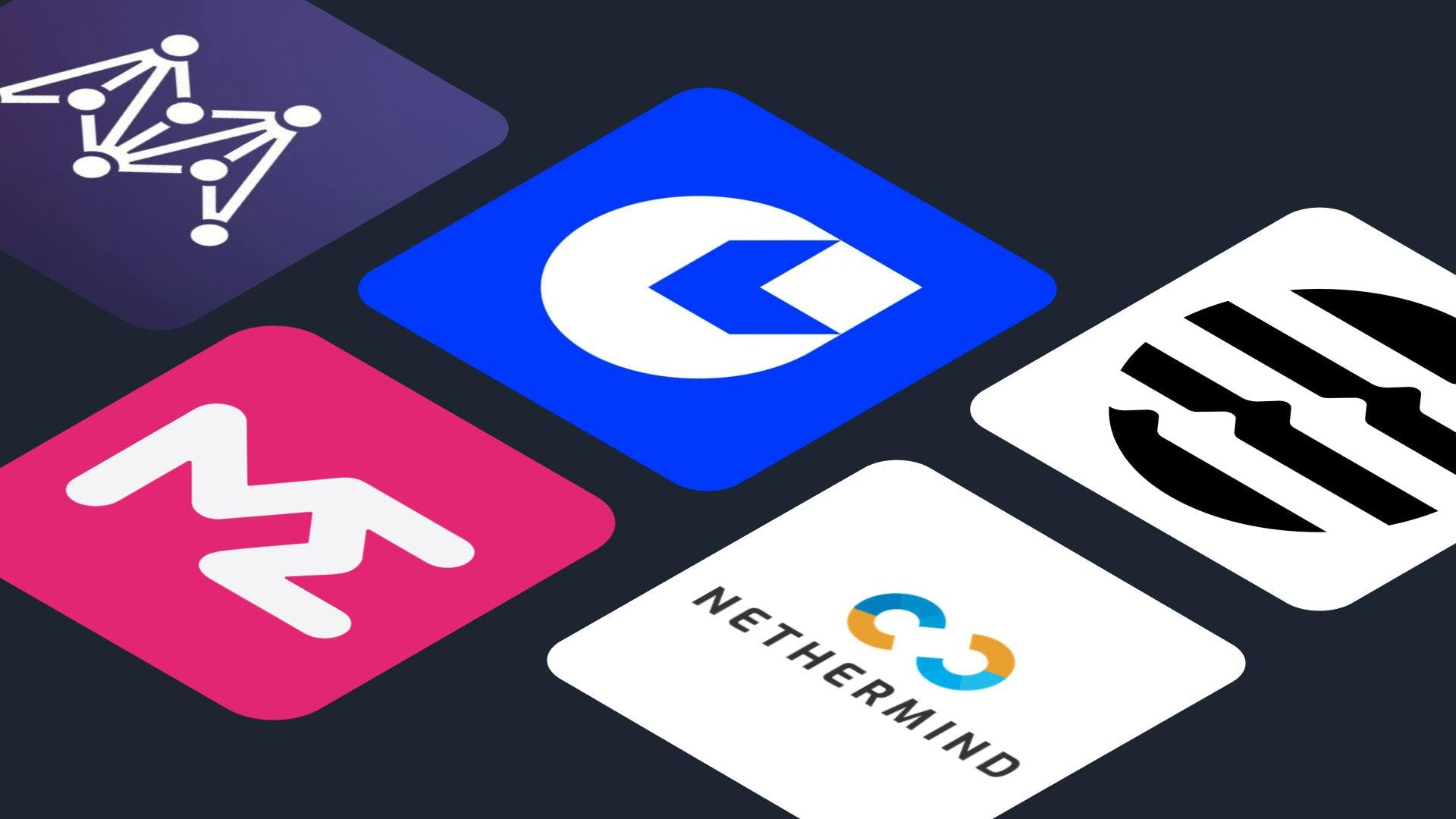Companies are increasingly integrating AI tools into their hiring processes, from software that scans our resumes to AI bots that assess our initial interviews. In New York City, new legislation is being enacted to determine the extent to which AI can influence job applications.
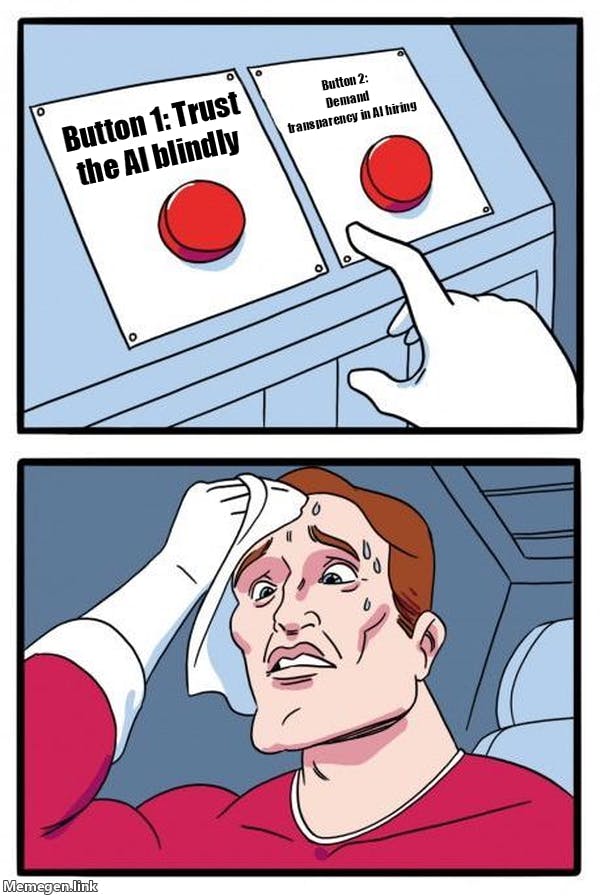
This week, regulators from the city's Department of Consumer and Worker Protection will begin enforcing a pioneering law aimed at combating AI bias in the workplace. This law mandates more transparency from employers who use AI and algorithmic tools to make hiring and promotion decisions. It also requires companies to undergo annual audits to identify potential bias within their AI systems. Enforcement commences on July 5.
While this is a significant step towards transparency in how AI determines who gets a job, some critics argue that this law, and others like it, do not go far enough to protect candidates from bias in hiring. As AI's capabilities advance rapidly, regulators need to keep pace.
How Does New York City's AI Hiring Law Affect Job Candidates?
First passed in 2021, the city's hiring law stipulates that companies using AI and algorithmic-based tools for hiring and promotions must inform all candidates about their use. Candidates can also inquire about what personal data is being collected.
As suggested by US Equal Employment Opportunity Commission chair Charlotte Burrows in a hearing this year, as many as four out of five American employers use some form of automated technology to make employment decisions. These tools are not limited to secret in-house projects: plenty of off-the-shelf software is available, with vendors adjusting the algorithms to match a company's ideal hiring profile. As a result, there's now an AI for every step in the hiring process, including:
- Automated resume screeners that read job applications and recommend the best candidates for an open role
- Matchmaking algorithms that scour millions of job postings to recommend roles to candidates—and vice versa
- Social media scrapers that collect data on applicants to compile personality profiles based on what they've found online
- AI-based chatbots that ask candidates questions about their qualifications, then decide if they'll proceed in the interview process
- Algorithmic video platforms that have candidates answer interview questions on camera, record their replies, transcribe their responses, and analyze their vocal or facial patterns for subjective traits like “openness” or “conscientiousness”
- Logic games that purport to identify qualities like “risk-taking” or “generosity”
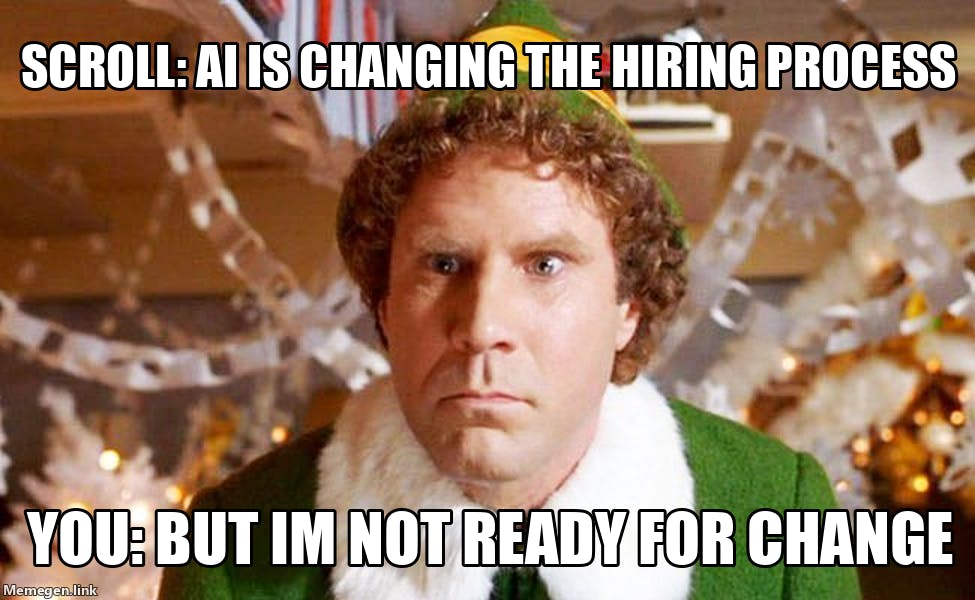
The sheer scale of the market makes these tools difficult to track and even harder to regulate. This is particularly problematic when the creators of these tools are reluctant to reveal what's inside their technology, and in some cases, the companies using them don't fully understand what the algorithm is prioritizing. AI-powered hiring technology has been found to make erratic, arbitrary, and often discriminatory decisions that rule against job candidates.
Under New York City's law, companies must hire independent auditors annually to review their AI tools for bias. This is evaluated with an “impact ratio” that measures the technology's effect on hiring across legally protected groups defined by race, ethnicity, and gender—although, notably, not people with disabilities or older workers. Violations by employers will result in a fine.
Critics Doubt NYC's Hiring Law Will Be Effective
Despite these measures, advocates for ethical uses of AI criticize the law and its standards of measurement, arguing it doesn't go far enough to meaningfully protect job candidates. Unless the law is airtight, they charge, developers can find loopholes to pass—or bypass—audits.
For instance, video interview platform HireVue was subject to a Federal Trade Commission complaint for its use of algorithms and facial recognition technology. In response, the company hired independent auditors to investigate bias in its products. HireVue issued a release saying auditors had found no bias risks. However, the audit itself didn't state that the tool is unbiased—just that the auditors didn't have enough information to decide.
Critics argue that the law, which underwent revisions after its passage under the De Blasio administration in 2021, became too sympathetic to business interests opposing regulation. They worry that the law's narrow phrasing leaves many uses of AI out of audits and that it may become a national template when policymakers should be asking much more.
Regulating AI in Hiring Beyond NYC
While New York City's law is the first to address bias in AI-based hiring tools, other states have also moved to regulate automated hiring technology. Illinois and Maryland were early to oversee AI video hiring software, with both requiring that job candidates consent to be evaluated by an algorithm. Meanwhile, states including California, New Jersey, New York, and Vermont, along with the District of Columbia, are at work on laws regulating the use of AI in hiring.
The European Union has approved the EU AI Act, a sweeping set of rules that will classify algorithmic technologies into categories of risk, allowing lawmakers to limit high-risk technology and ban software they consider “unacceptable.”
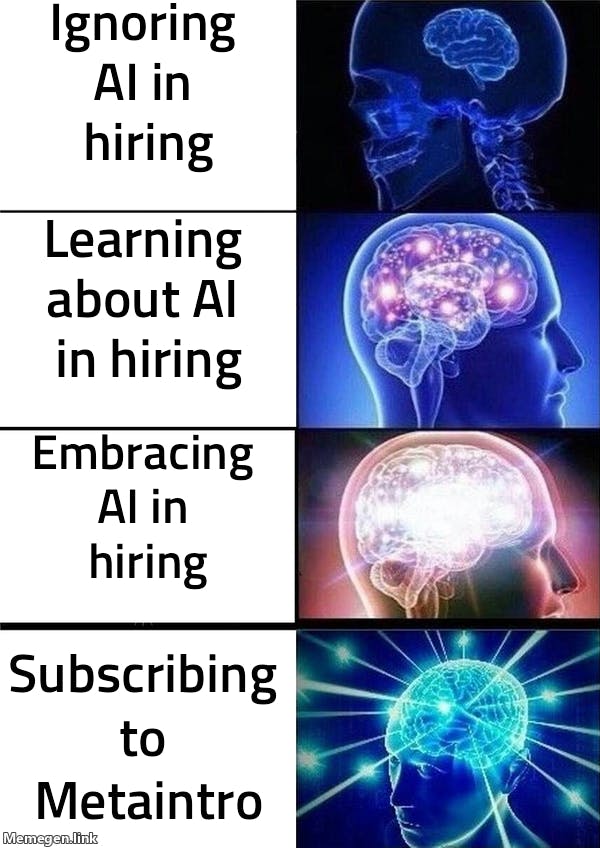
How Can Candidates Trust the AI Being Used to Hire Them?
Despite their shortcomings, laws tackling hiring algorithms force some meaningful transparency for job candidates. They make AI regulation more concrete—and less like an algorithmic Wild West. If regulators really want the laws to work, they need to provide auditors with the access and resources they need to carry out their work. Only then can candidates trust that a company's hiring process uses truly independent tools, techniques, and protocols. Otherwise, job seekers and regulators will have to take AI tools—and the companies that use them—at their word.
AI is undeniably transforming the hiring landscape. While it brings efficiency and the potential for unbiased decision-making, it also raises concerns about transparency, fairness, and the potential for bias. As job seekers, it's crucial to stay informed about these changes and to advocate for transparency and fairness in AI-driven hiring processes.
As the world of work continues to evolve, resources like metaintro's newsletter and Discord community can be invaluable in helping you navigate the job market. By staying informed about the latest developments in AI and web3, you can position yourself for success in this rapidly changing landscape.
If you're seeking a role In AI, metaintro's newsletter and Discord community are invaluable resources.
Happy job hunting!

